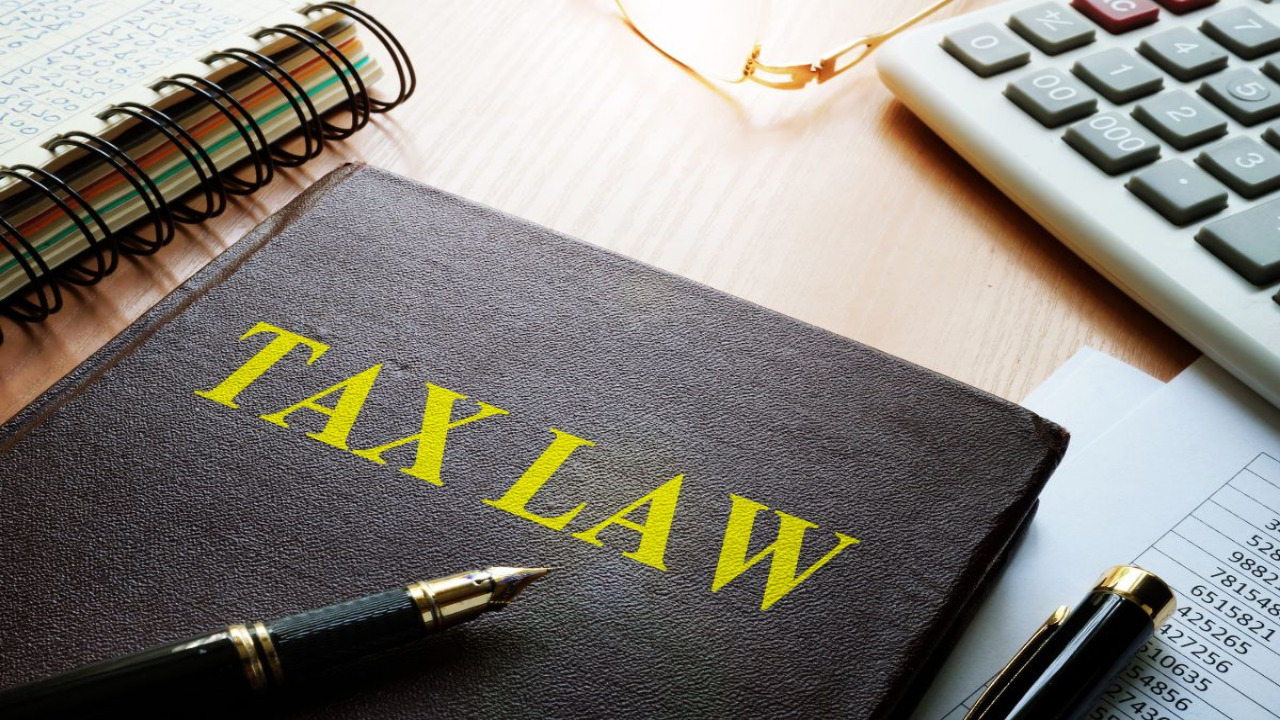Tax planning and minimization are essential strategies for individuals and businesses to optimize their financial situation and reduce their tax liabilities. With proper planning and a comprehensive understanding of the tax code, you can ensure that you are taking advantage of all available tax-saving opportunities. Here are some valuable tips to help you successfully plan and minimize your taxes.
Understand the Tax Laws and Regulations

The foundation of effective tax planning is a solid understanding of the tax laws and regulations. Tax laws are complex and subject to change, so it’s crucial to stay updated. Keep yourself informed about the latest tax rules and regulations applicable to your jurisdiction. Consult with a tax professional or financial advisor to ensure you are aware of any recent changes that may impact your tax planning strategy, and remember that modern pay stub templates can be found here.
Utilize Tax-Advantaged Accounts
One of the most effective ways to minimize your tax liability is by utilizing tax-advantaged accounts. For individuals, options such as Individual Retirement Accounts (IRAs) and Health Savings Accounts (HSAs) offer tax advantages. Contributions to these accounts may be tax-deductible, and earnings within the accounts grow tax-free or tax-deferred. By maximizing your contributions to these accounts, you can lower your taxable income and potentially reduce your overall tax burden.
Take Advantage of Deductions and Credits

Explore all available deductions and credits that you may qualify for. Deductions, such as mortgage interest, medical expenses, and certain business expenses, can significantly reduce your taxable income. Tax credits, such as the Child Tax Credit or Earned Income Tax Credit, directly reduce your tax liability. Identify all eligible deductions and credits and ensure you claim them on your tax return to minimize your tax burden.
Plan Your Investments Wisely
Investments can have tax implications, so it’s crucial to plan them strategically. Consider tax-efficient investment strategies, such as investing in tax-free municipal bonds or holding investments in tax-advantaged accounts. Timing the sale of investments can also be important. If you have investments with substantial capital gains, consider holding them for more than a year to qualify for the lower long-term capital gains tax rates. Consult with a financial advisor to create an investment plan that aligns with your tax objectives.
Maximize Retirement Contributions

Contributing to retirement accounts not only helps secure your financial future but also offers valuable tax benefits. Contribute the maximum allowable amount to your employer-sponsored retirement plans, such as 401(k)s or 403(b)s. These contributions are typically tax-deductible, reducing your taxable income for the year. Additionally, employer matching contributions are tax-free, further boosting your retirement savings.
Consider Tax-Efficient Business Structures
If you own a business, the choice of business structure can impact your tax liability. Explore different business structures, such as sole proprietorships, partnerships, or S corporations, to determine the most tax-efficient option for your situation. Each structure has unique tax advantages and disadvantages, so consult with a tax professional to identify the optimal structure for your business.
Maintain Proper Record-Keeping
Accurate record-keeping is essential for successful tax planning and minimization. Keep track of all your income, expenses, and supporting documentation. Maintain organized records for deductions, credits, and receipts related to investments, business expenses, and charitable contributions. This documentation will help you substantiate your claims and ensure compliance with tax regulations.
Seek Professional Advice
Tax planning can be complex, and it’s often beneficial to seek professional advice. Engage a certified public accountant (CPA) or a tax advisor who specializes in tax planning and minimization. They can provide expert guidance tailored to your specific financial situation, ensuring you make the most of available tax-saving strategies.

